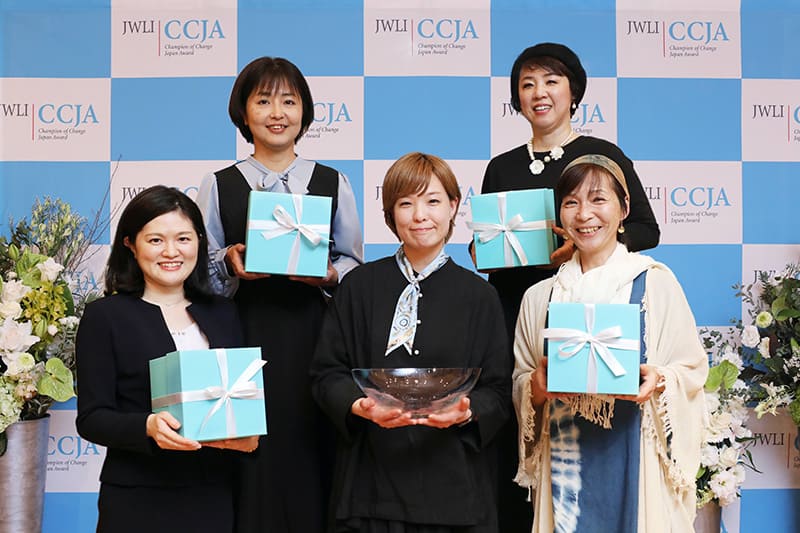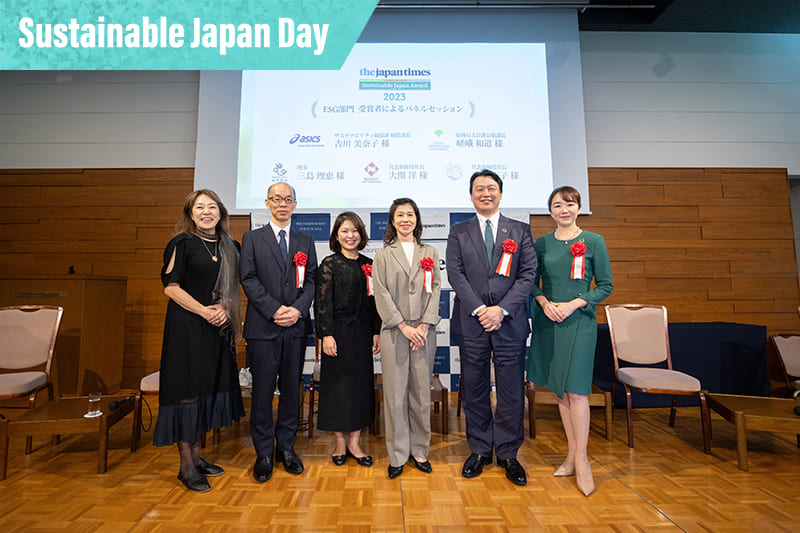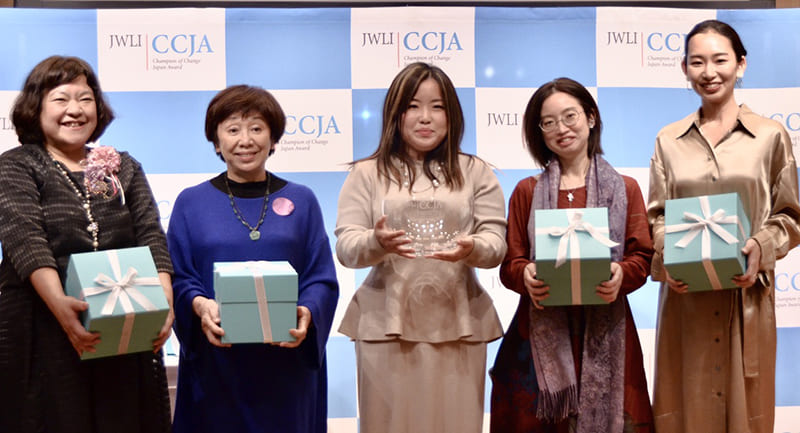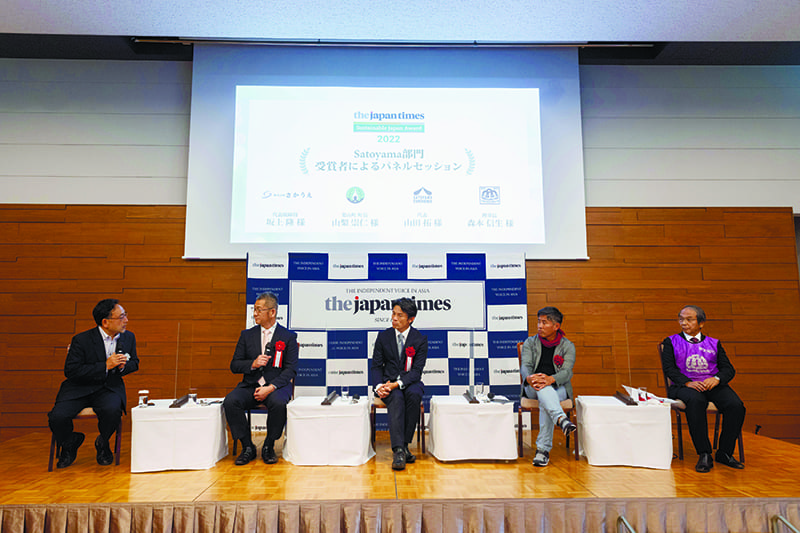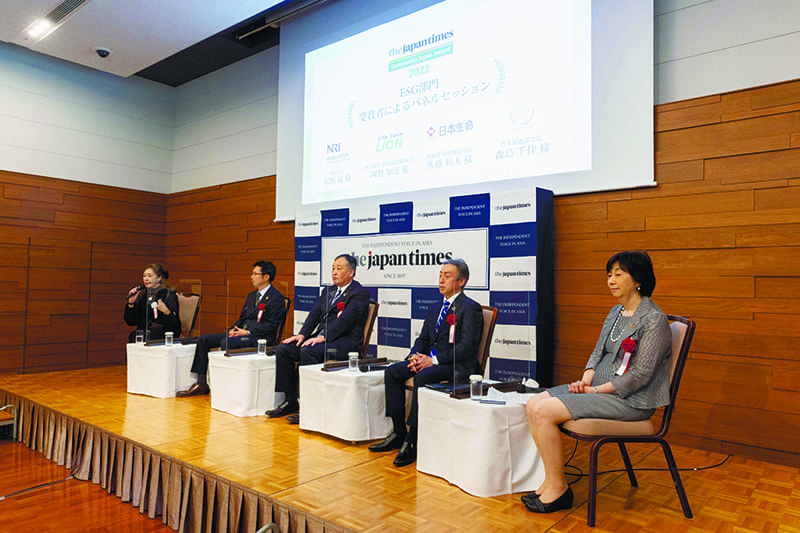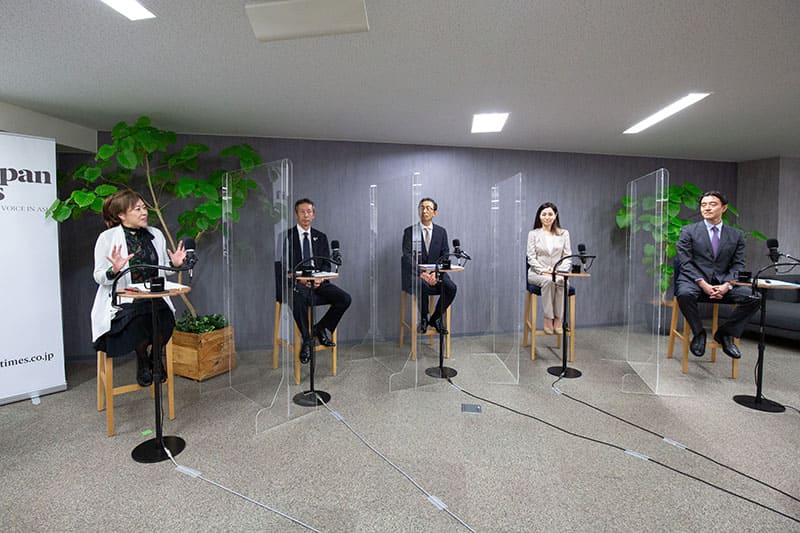September 27, 2024
Musubie links kids’ cafeteriasand connects communities
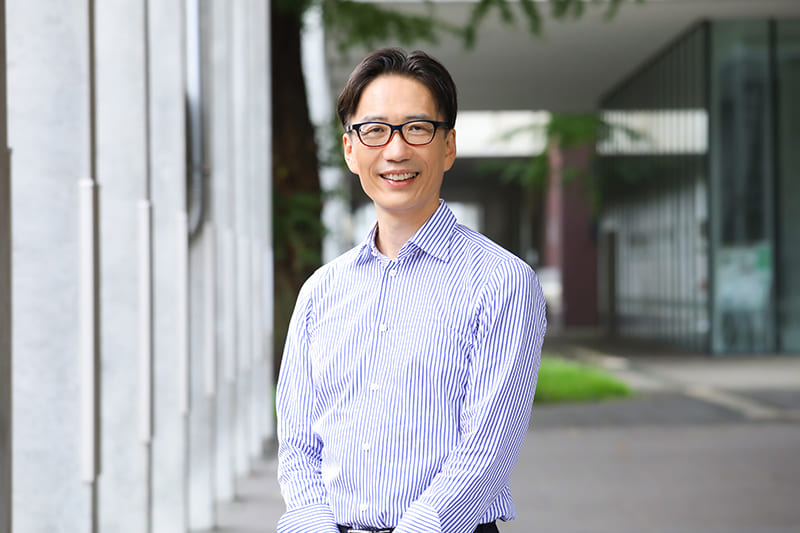
Sustainable Japan Award: ESG Special Award
The Japanese phrase ibasho means a place where people feel they belong and are secure. The nonprofit corporation Musubie, a nationwide children’s cafeteria support center, has made such places its mission, creating a nationwide network to support kodomo shokudō (children’s cafeterias).
For this, Musubie won the Sustainable Japan ESG Special Award 2023 presented by The Japan Times. In a recent interview its president and CEO, Makoto Yuasa, talked about the role of kodomo shokudō and Musubie, and how various stakeholders can better engage in this socially significant effort to make it sustainable.
Kodomo shokudō started to pop up across the country in 2012. As the name suggests, their primary purpose is to provide good places where mainly children can come and have meals at a low price or for free and get to know each other.
“There have been many people who learned about this movement and wanted to participate in different ways but did not have access, which is why we felt the necessity to network these cafeterias across the country and serve as a gateway,” said Yuasa, who is also a social activist and specially appointed professor at the Research Center for Advanced Science and Technology at the University of Tokyo.
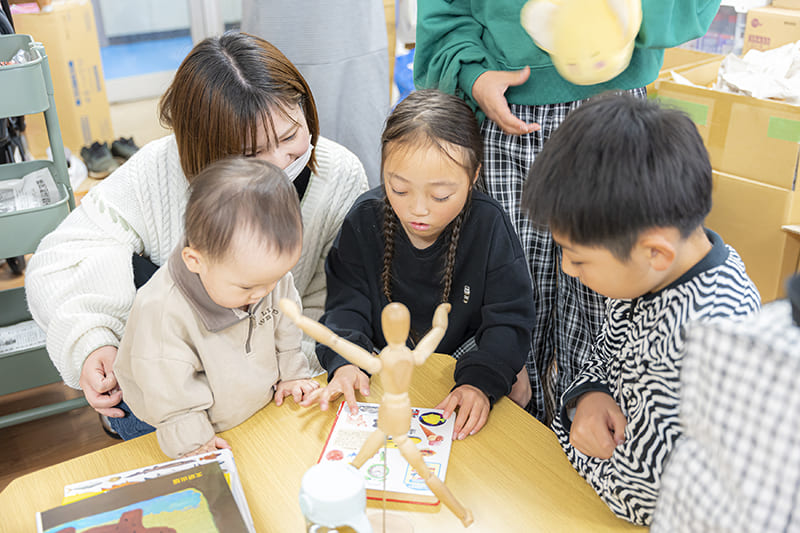
He said that the number of kodomo shokudō has exceeded 9,100 and that they have become widely recognized as places for exchanges not only among children but also adults. “We feel that it is our role to advocate the position of kodomo shokudō as a uniquely Japanese solution for the issue of weakening communities and ties among people due partly to aging and depopulation, and engage those who are like-minded,” he said.
For kodomo shokudō to continue, various resources are necessary. In addition to individual donations and volunteers, companies can funnel support through Musubie in diverse ways. “For example, Starbucks Japan has been donating money to kodomo shokudō through us from its sales of products discounted toward closing time to avoid food loss,” he said.
Another example is Lion, one of Japan’s leading consumer product companies, which has distributed toothbrush and toothpaste kits and conducted oral health workshops at kodomo shokudō, and gathered data about the improvements in the dental habits of children who received the kits and tutorial.
Yuasa said companies like these are starting to support kodomo shokudō as part of their efforts toward “creating shared value” to simultaneously achieve business goals and contribute to society — key to making a long-lasting social impact.
Another key would be to show the outcomes of social contributions to help all supporters feel confident that their efforts are bearing fruit and learn what more needs to be done. Yuasa stressed the importance of continuing and enhancing Musubie’s efforts in conducting surveys and research projects and said: “Those who witness the spirits of kodomo shokudō users being lifted day by day can easily see why it is important to encourage people to build connections, but we need to share the same recognition with other people who have not visited kodomo shokudō.”
According to one of the surveys Musubie conducted at some kodomo shokudō, the number of children who said they could easily make friends with anyone had increased. “We could call it evidence that children’s social skills have been developed through interactions with people of various generations at kodomo shokudō. We are expanding this survey to the national scale this year,” Yuasa said.
Musubie is also trying to prove through its research the hypothesis that people’s well-being increases in areas where social capital, including kodomo shokudō, is abundant.
Another piece of data obtained from Musubie’s research is that the budgets of all the kodomo shokudō in Japan total ¥7.3 billion ($50 million). “This means that we need ¥20 billion more to establish more kodomo shokudō to match the number of elementary schools in the country,” Yuasa said. “We also found out that ¥6.3 billion has been raised in the private sector, which gives us hope that most of the ¥20 billion can also be covered by contributions from the private sector.”
He added that these figures, obtained through collaboration with a research firm, help each area — be it a prefecture, a city or a small town — understand how much exactly it needs, leading to concrete discussions on how to get it.
Yuasa said the concept of kodomo shokudō is beginning to be shared among the international community. “We have started communication with South Korea and Taiwan,” he said. “This summer, U.S. Surgeon General Vivek Murthy visited a kodomo shokudō in Japan and left a post on social media that he had learned a new word, ‘ii basho.’ I hope we can collaborate with various countries to address the rising issue of the preservation of local communities.”
The Sustainable Japan Award commends individuals, companies and organizations who have made advances in sustainability efforts. To learn more, visit https://sustainable.japantimes.com/sjaward2024

